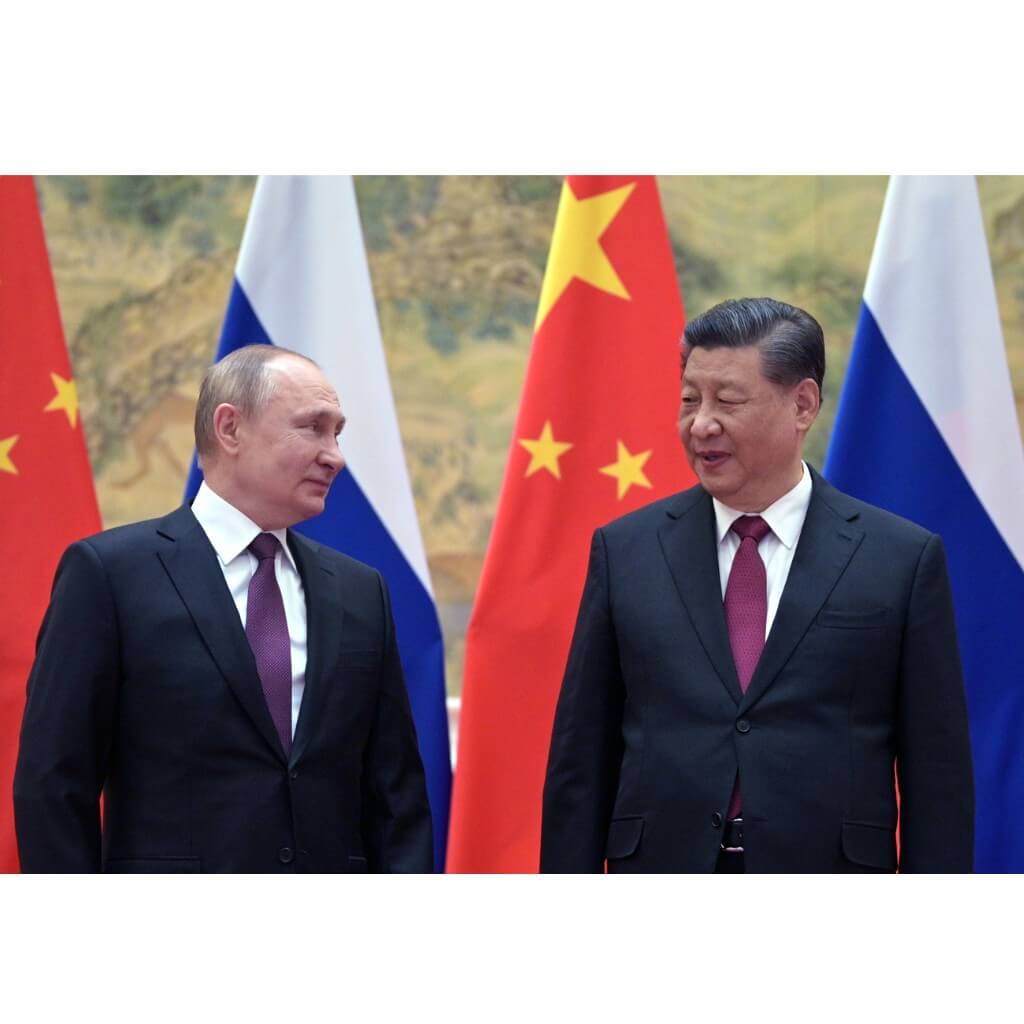The dynamic interplay between two of the world’s superpowers, China and Russia, has left many pondering the ramifications of their growing partnership. While at a glance it may appear that this alliance is rock-solid, a closer inspection reveals several layers of complexity and nuance.
Strengthened Bonds Amid Global Strains
Upon Vladimir Putin’s most recent visit to China, President Xi Jinping emphasized a deepening “no limits” partnership. Yet, the shifting dynamics on the international stage, especially the Ukraine crisis and Russia’s political isolation, have forced Russia to lean heavily on China.
Since the Ukraine invasion, with the West distancing itself, Russia’s economic dependence on China has amplified. In fact, China’s exports to Russia saw a whopping 57% increase this year, and the yuan’s role in Moscow’s foreign exchange trading has grown exponentially. China’s ascent as the premier importer of Russian fossil fuels, particularly coal, underscores this symbiotic relationship.
Despite this growing interdependence, it’s essential to note that both nations have their motivations. While Russia seeks vital economic support, China perceives a robust Russia as a critical partner against Western influences, particularly the US.
The alliance potentially boosts China’s strategies regarding Taiwan and could assure support at international platforms like the United Nations Security Council. However, amid the bonhomie lies an undercurrent of skepticism.
Concerns are raised, especially in Beijing, on whether this association delivers adequate returns beyond being a new market for Chinese goods and obtaining oil and gas at discounted rates. Some Chinese experts wonder if hitching their wagon to Putin’s star is a gamble that might not pay off.
The Delicate Balance of Power
As these two giants navigate their evolving relationship, international pressures remain. Xi’s non-condemnation of the Ukraine invasion has, for instance, cast a shadow on Beijing’s neutrality claims.
The Chinese leader, however, has won favor among emerging economies by promoting peace and diplomatic dialogues in volatile regions, thereby placing China as a potential global mediator.
Yet, for Russia, global conflicts, like that in Israel, could serve as useful distractions from its actions in Ukraine. For China, the emphasis is not just on its external diplomacy but also addressing pressing internal concerns.
From economic slowdowns to shifts in leadership roles within its defense sector, China’s domestic front is rife with challenges.
Moreover, Beijing remains cautious about being categorized alongside Moscow, especially concerning its relations with Western nations.
It doesn’t wish to alienate key trade and diplomatic partners like the US and Europe. The intricate dance between appearing as a reliable partner for both the East and West puts Beijing in a challenging spot.
Future Projections: Opportunity or Obstacle?
China’s Belt and Road Initiative, Xi’s brainchild to extend Beijing’s influence globally, is seen encroaching on Russia’s traditional sphere, Central Asia, creating potential friction points.
The ongoing negotiations over the “Power of Siberia 2” gas pipeline also expose the subtle power play. While Russia eagerly promotes the idea of an impending agreement, Beijing remains reserved.
China’s ambition to internationalize the yuan and challenge the US’s financial dominance has gained traction with Russia’s adoption of the yuan for trade.
However, experts warn that Beijing should tread carefully, acknowledging that Russia’s current strategic predicaments might not be permanent.
In the end, while China and Russia’s alliance currently seems to be the order of the day, the future trajectory of this partnership is riddled with uncertainties. Will it pave the way for a new world order, or will the inherent risks and imbalances eventually lead to realignment? Only time will tell.





